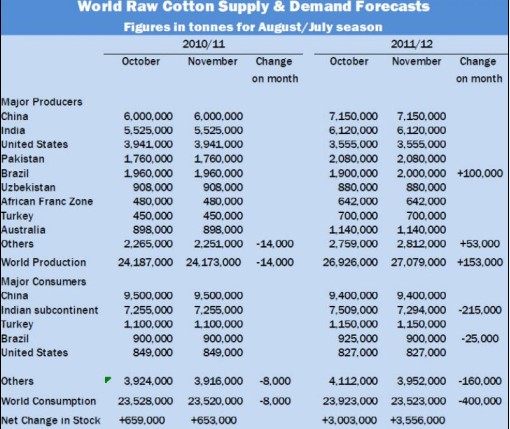|
As costs climbed in Taiwan two decades ago, Ben Fan moved his lighting factory to take advantage of Mainland's cheap labor. Now, with Chinese wages on the rise, he's moving again. "It's just like what happened in Taiwan," says Fan, chairman of Neo-Neon Holdings, which sells lamps and lighting fixtures to big retailers including Home Depot, Target, and Wal-Mart. "Chinese don't want to work in factories anymore." So Fan is expanding his factory in Vietnam, where wages are $100 a month, one-third what he pays in China. He plans to shift 85 percent of his production across the border, and by December he'll have 8,000 workers in Vietnam - up from 300 a year ago - and just 5,000 in China, down from 25,000 in 2008. Over the past two years, millions of jobs have moved to China's interior or elsewhere in Asia as factory owners try to cut costs. In Guangdong, the mainland's top exporting province, wages have almost doubled in the past three years, and more than half the factories can't find enough workers. The number of migrants who traveled to coastal provinces for work fell by 9 percent last year, to 91 million. "This lack of labor will only get worse," says Willy Lin, chairman of the Textile Council of Hong Kong, a trade association. Factory owners complain that the higher wages are devastating profits, especially as their customers continue to squeeze them for lower prices. "Wal-Mart won't raise what they pay us," says Poh-Heng Toh, general manager of teddy bear producer Lovely Creations. Another Wal-Mart supplier, jewelry maker Profit Grand, has cut its staff to 450 from 600 largely because it can't find workers at the rates it's willing to pay, says Chairman Hsu Chi Lin. Wages, Hsu says, have risen from 2 percent of total costs a decade ago to 12 percent today, while net margins have fallen from 15 percent to about 8 percent. While China's growth - 11.9 percent in the first quarter - is a factor in the labor shortages, they likely won't disappear once the economy cools. The country's one-child policy means fewer people are joining the workforce. Tax breaks for farmers and subsidies for companies setting up in the interior have allowed more people to find work near home. And a growing service sector means greater opportunities lie beyond the factory gate. Many companies are finding ways to pare costs. Electronics giant Foxconn Technology, which makes Apple's iPhone and handsets for Motorola, has opened new plants in China's north and west, far from its home base near Hong Kong. Shoemaker Apache has moved simpler work, such as stitching the upper portions of sneakers, from Guangdong to lower-wage factories in the interior. Apache is also expanding a plant in Chennai, India, that will produce at least half its shoes within five years. "We've been squeezing like hell to get more out of the system," Charles Yang, general manager of Apache Footwear, which makes shoes for Adidas. |
|
Manufacturers scramble with wages of the mainland rising
Updated: 2010-5-17 Source: Texglobe-ÐÅÏ¢ÖÐÐÄ

Recommended News
Photo Gallery
Most Popular



